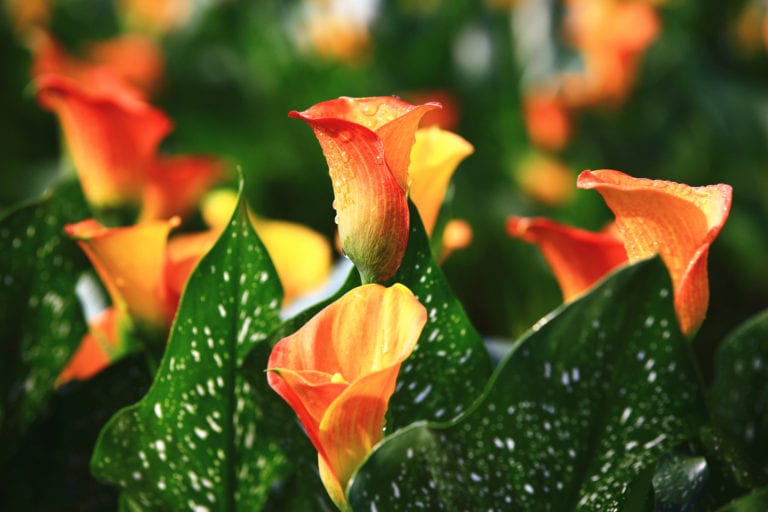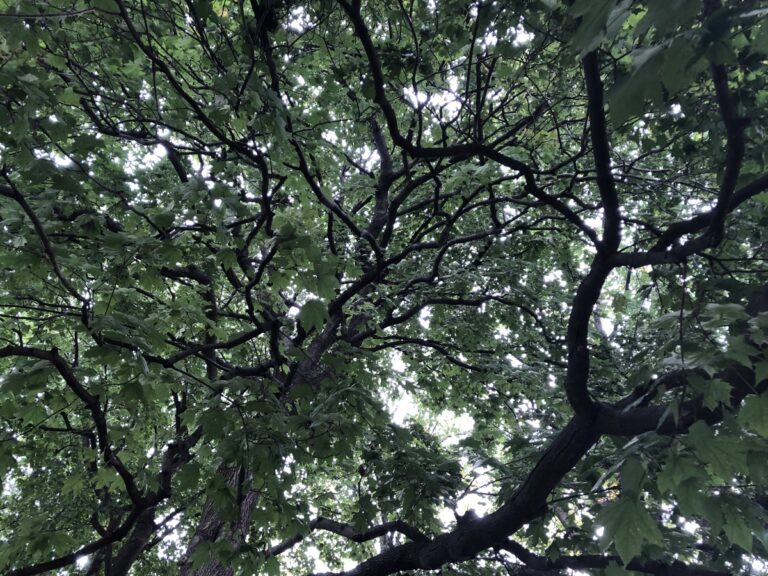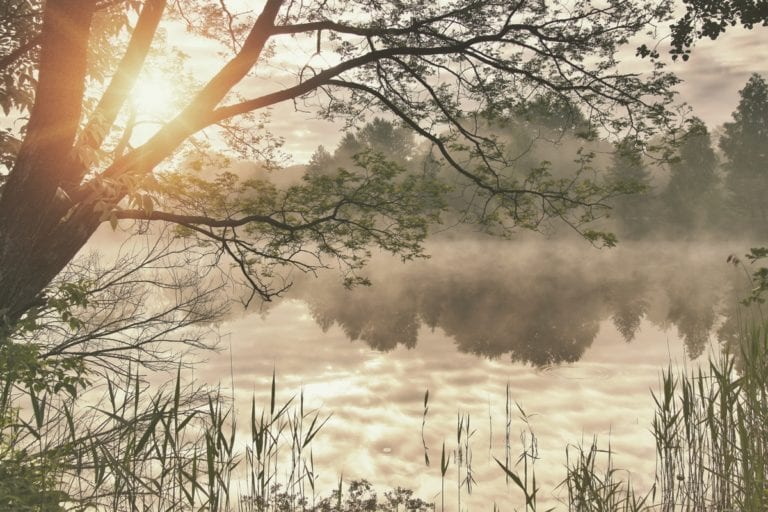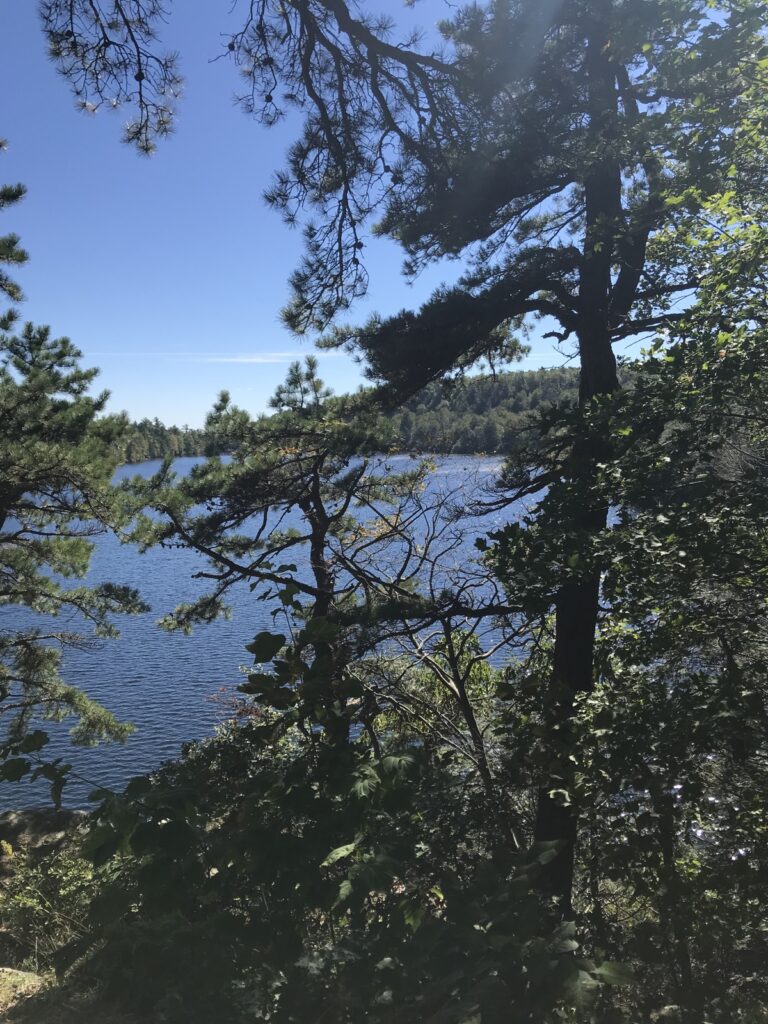Similar Posts

726th Week: Smiling as A Resource
I am living with cats for the first time in 24 years. There are three of them, all related, and less than a year old. What I’m aware of constantly these days is how much more often I find myself smiling. I’m kind of a “smiley” person to begin with, so it’s not new territory to me but—even with that familiarity—I’m surprised by how much moreof the time I seem to find myself smiling.
This got me to thinking about the research that’s been done around smiling. Read More “726th Week: Smiling as A Resource”

2022 March Audio Meditation
Our theme this year continues to be focusing on various frequencies, qualities, tones of being that may be imagined as energy frequency, color, as a Spirit embodying and radiating the quality, or in any other way that brings it alive for you. This month, we focus on the living presence of gratitude and explore how it is to call this frequency into the foreground of your awareness, being, and actions, in yourself and in your relationship to the world around you.
If you would prefer to listen while seeing images of nature, here’s our YouTube version…

851st Week: Sharing Smiles, Offering Appreciation
Sitting in Central Park on a Saturday morning, a couple walked by with two adorable small dogs. One was on a leash and the other ran free. One member of the couple needed to walk back to see if she had dropped something and, as she returned, the dog on the leash saw her and began to excitedly wiggle and run toward her. What I noticed were her smile and delight in greeting the dog and it reminded me of the power of appreciation shared with a smile.
There’s a concept called “heightening”, offered by David Spangler, a spiritual teacher and guide. What the word addresses is the natural response of “coming to life” and becoming more energized when we feel seen, acknowledged, appreciated, and celebrated. Watching the dog brought to mind the inflow of life energy that is naturally experienced when we offer and are offered delight in someone or something else.
This brings to mind a practice I’d like to invite you to play with this week. As you move through your regular daily routines, take a moment when appropriate to offer appreciation and a smile to the people you encounter, as well as to the other-than-human lifeforms you engage along the way. Remember to include as much of the world around you as you can and then notice the quality and tone of your inner experience as you do. Not only will you be “heightening” the enlivened experience of everything around you, but expressing appreciation will tend to heighten the enlivened experience within you, as well.
Read More “851st Week: Sharing Smiles, Offering Appreciation”
749th Week: Offering Blessings and Gratitude
Each morning, I post a daily inspirational quotation and nature photograph on the Devadana Sanctuary Facebook page and the one I put up recently has stayed on my mind. I thought I’d share it as this week’s practice, given the amount of contention and negative feelings and events happening in so many of our human communities around the world.
The quotation is from the work of Pierre Predervand, who writes about the powerful practice of offering blessings as an aspect of, and activity in, daily living. I include gratitude in this practice because, for me, both offering blessings and expressions of gratitude are powerfully related. Here’s the quotation from Pierre Predervand (from his book, The Gentle Art of Blessing) that I posted the other day:
Read More “749th Week: Offering Blessings and Gratitude”
848th Week: Cultivating Flexibility, Generating Options
Each morning, I post a “daily inspiration” on the Devadana Sanctuary Facebook page. It’s something I do 365 days a year and it’s the first computer thing I do once my morning routine of getting my own act together is accomplished along with taking care of the three felines who live with me.
On a recent morning, I opened the computer and found that none of my documents would open. I decided to restart the computer and when I did the computer simply stopped booting up. I was left with a dark screen and no way into the computer. I shut it down and gratefully went to my smaller travel computer to do the post. Later, after my regular computer had had some time to rest, I turned it on and everything was back to normal. What struck me was that my recent intention to resonate with qualities of flexibility was very much in the foreground of this experience, as I didn’t get activated or tense when my computer stopped working. Having a backup device certainly made a difference but the “old” me would have been agitated anyway.
This is a very small adaptation compared to what’s happening in people’s lives all around the planet, so I don’t present it as something that was hard to do. Rather, it brings to mind the current reality of how we are confronted with a need to adapt to change in countless ways. With the pandemic and climate change, these moments of having to be flexible and generate new options appear just about every day. They are further complicated when what unfolds generates trauma, loss, financial fears and need, food scarcity, and so much more.
In my experience, one of the characteristics of flexibility is the ability to “soften” in the presence of frustration and obstruction. One thing I want to be sure to say now, rather than later, is that being flexible and softening don’t in any way mean not to respond or take actions that may be needed. Even when we are flexible, we also maintain the ability to act in whatever ways are called for, be these personal actions or actions on behalf of others.
Read More “848th Week: Cultivating Flexibility, Generating Options”